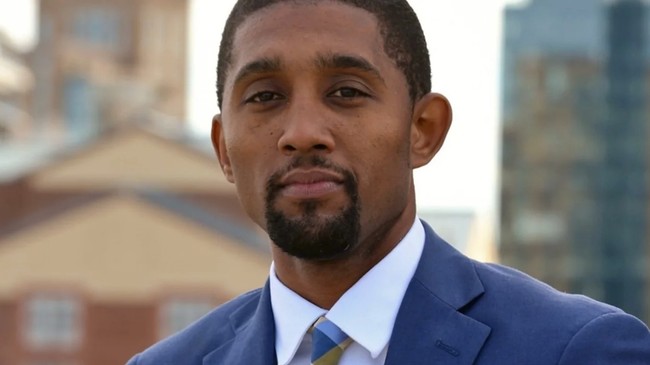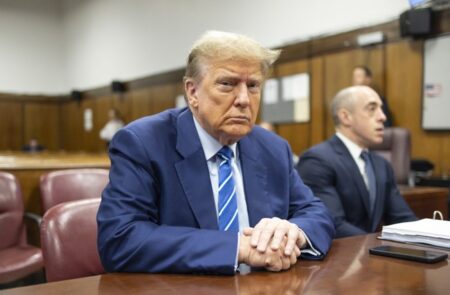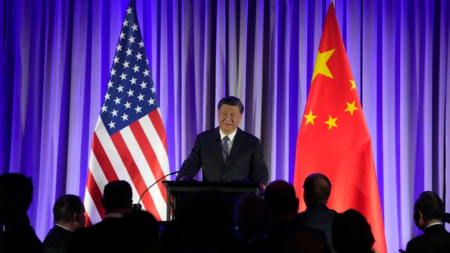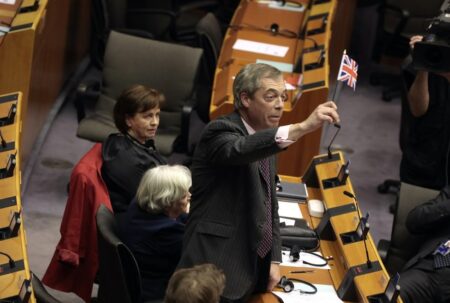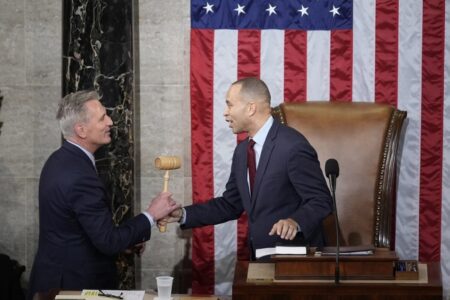Brandon Scott was elected as Mayor of Baltimore in 2020 after serving as City Council president. He was the youngest person ever elected to that office and he will be running for a second term this November. Unfortunately, a review of his campaign finance records reveals that Scott has run into the same legal problems as all of his predecessors in recent memory. It turns out that he has been receiving campaign contributions from well-placed donors that are in excess of the maximum amounts allowed under Maryland law. These unfortunate “mistakes” add up to quite a bit of cash, running well into the tens of thousands of dollars. Anyone who is surprised by these developments should probably make sure that they are sitting down before I inform them that water is, in fact, wet. (Baltimore Sun)
Baltimore Mayor Brandon Scott has received campaign donations above the $6,000 maximum from at least nine contributors this election cycle, violating state campaign finance law.
Most of the problem donations, which amount to an extra $29,250, are the result of multiple contributions — some made in early 2023 before the mayoral campaign was underway, combined with others made more recently…
Maryland State Board of Elections officials confirmed Wednesday that donations made in excess of $6,000 during that period would be a violation.
In an effort to be fair, Maryland’s campaign finance laws are handled a bit differently than most of us are used to when discussing, for example, presidential campaign donations. Maryland tracks donations on a four-year campaign cycle, with the current cycle having begun on January 21, 2023. That runs through December 31, 2026. During that period, donors can contribute up to a total of $6,000 to a candidate either in one lump sum or through multiple contributions. It doesn’t line up evenly with the Mayor’s term in office, so it’s conceivable that some of these donors may have lost track of how much they gave previously.
But with that said, Brandon Scott has been in politics for a while now. When you’re in a position like that, you’re supposed to have someone managing your campaign finances who knows the rules and makes sure you adhere to them. Saying, “Oops, I forgot” is not an excuse. Also, anyone who has been following Scott’s career will already know that this is hardly the first time he’s run afoul of campaign finance laws. He was forced to return some donations when originally running for mayor four years ago.
In that sense, Scott is simply carrying on the traditions of the Baltimore mayors who came before him. Brandon Scott replaced Jack Young who seemed to color within the lines for his brief time in office. But Young replaced Catherine Pugh, who became unavailable to serve as mayor after she left for a three-year term in prison for embezzlement. Before her, the city had Stephanie Rawlings-Blake, who managed to avoid prison but ran the city into the ground so badly that she didn’t even run for a second term. Rawlings-Blake had replaced Sheila Dixon who was also forced out of office after being convicted of embezzlement. Are you starting to detect a pattern here?
The bottom line is that there is a lot of corruption in Baltimore politics and it’s been going on for a long time. Having the current Mayor accept illegal campaign finance donations does nothing to enhance public confidence. That’s particularly true when the donors in question are wealthy owners of businesses who have contracts with the city. (That’s the case here.) But in the end, the fault mostly lies with the citizens of Baltimore. They keep electing the same group of people from the same pack of Democrats over and over again. They should be reminded of the old adage about doing the same thing and expecting different results.
Read the full article here





